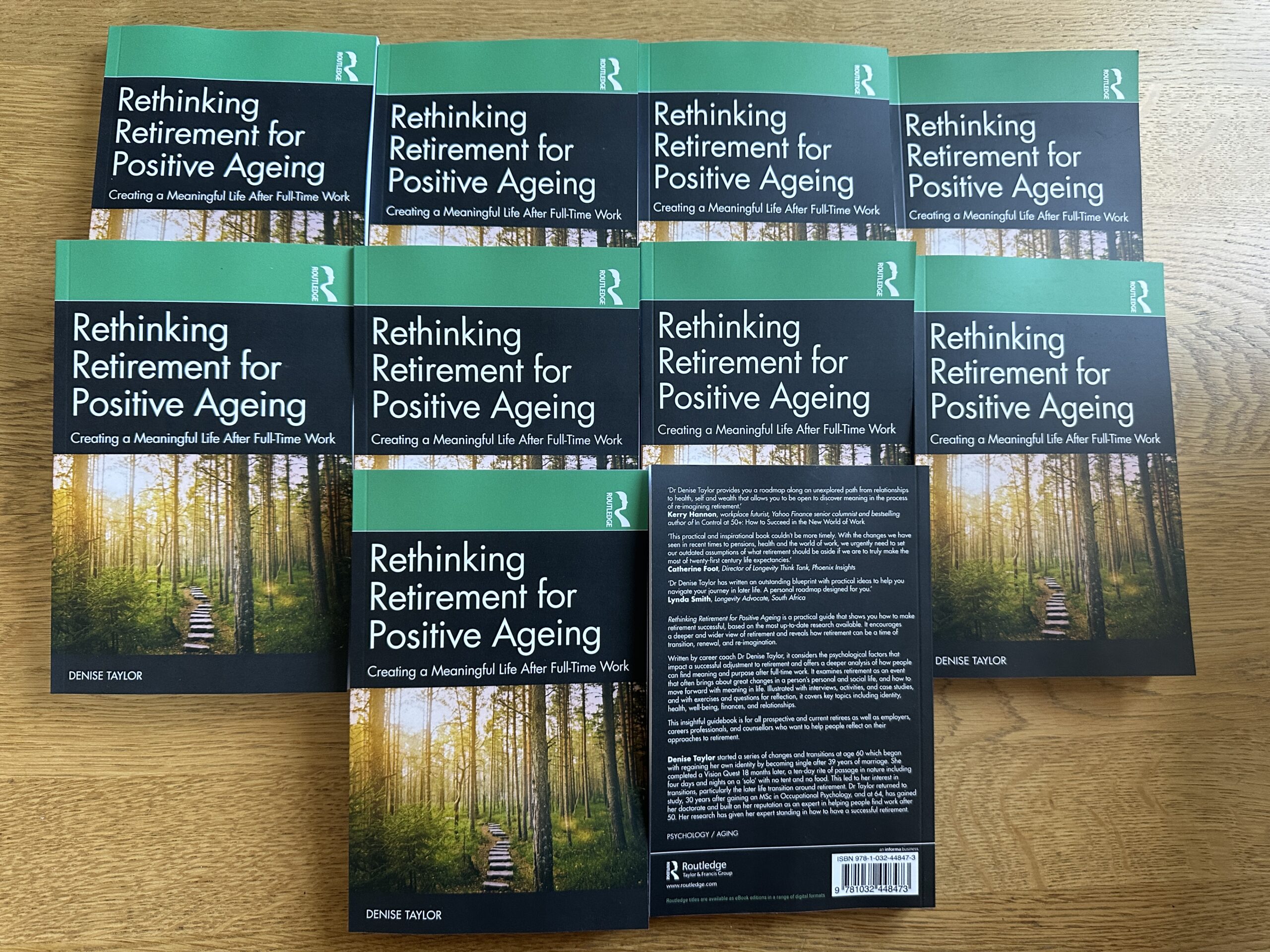I was on BBC Radio Berkshire at 10.05 today talking with Bill Buckley.
You can listen to it here – it’s a low quality one, unable to upload high quality as it exceeded my limits
It was linked to an article: Is it the end of the 9-5 working day? and based on a YouGov survey which said just 6% of the population work the traditional 9-5.
But even with so called ‘regular hours’ is it really 9-5? Most times there is flexibility over start and finish times and many times you have the option to work from home. But not all, and it can be frustrating when some flexibility would make life so much easier.
Almost half of people worked flexibly with arrangements such as job sharing or compressed hours, allowing them to juggle other commitments, the survey found.
The survey found the most popular working hours were 0800 – 1600 (37% of those surveyed) and 0700 to 1500 chosen by 21%.
Many of the clients I work with negotiate with their employers for a 9-day fortnight or to be allowed to work from home at least one day a week. The work gets done but there is greater flexibility. In many cases flexibility should be fine, and employees have the right to request it.
FAMILY IMPACT
Our conversation included the impact of flexible working on family life. With a 24/7 society people need to be available both in stores and in office-based roles when people are working with clients and customers from overseas.
But this type of working can have a negative impact on family life. With bank holiday working one parent could be working all weekend, affecting family life, but it may mean there is flexibility for child care at other times.
With many firms demanding flexibility, it may work for you if you can work the hours you want and e.g. visit the gym at off peak times. But you want it to be right for you.
EMPLOYERS
I was asked if it was going to be hard for employers to fit in staff requirements around their needs, but in most cases, it is flexibility on the side of the employer and you must work the hours requested.
TAKE STOCK
If you don’t like the hours you are being asked to work, you need to question if this is the right job for you. Ask yourself
- Am I happy?
- What would suit me better?
It’s then easier to look for a job that better suits you.
I was pleased with this radio interview. Many times I barely get a chance to comment and the presenter does most of the talking. In this interview I was given time to answer questions, and also asked about my business.





